Half Hill Farm is dedicated to sustainable farm practices that reflect our deep commitment to being good stewards of our planet and our general well being.
In keeping with our mission, our organic Red Reishi Mushroom Dual Extracts are now made with USDA certified organic pharmaceutical grade (USP) alcohol. We use a hot water and alcohol extraction process with a 10 micron filtration and bottle at our Woodbury, TN farm in premium Miron ultra-violet glass bottles. Combined with our USDA certified organic Ganoderma lucidum mushrooms and distilled water, our extract provides a full spectrum of beneficial compounds as clean as nature intended.
Red Reishi mushrooms are known in ancient medicine as the “Mushroom of Immortality” used in a wide range of folk remedies. Recent studies find extracted polysaccharides, triterpenes and other compounds from this mushroom have significant anti-tumor, anti-viral, anti-bacterial and anti-fungal properties as well as the ability to reduce inflammation and modulate immune responses.
This powerful extract has a natural bitter taste that blends well with coffee or tea. We use a 10 micron filtration that keeps smaller spore and beneficial compounds that appear as suspended filaments in the bottled extract.
Many people prescribed long-term medications or antibiotics, or with chronic illnesses, use this extract in conjunction with or as an alternative to treatments. Often taken in tea or coffee, this extract is also used as natural remedies for high blood pressure, high cholesterol, hypertension, insomnia, anxiety, depression, and conditions associated with: Chronic Fatigue Syndrome, Fibromyalgia, Lyme Disease, Morgellons, Babesia, Bartonella, Ehrlichia, Mycoplasma, Rocky Mountain Spotted Fever and AIDS/HIV.
Here are links to some research on extracted compounds from Red Reishi (Ganoderma Lucidum) mushrooms:
- Reishi Mushroom (WebMD) uses, interactions, side effects and doseage
- Reishi mushroom cited effects - Memorial Sloan Kettering Cancer Center
- Ganoderma lucidum (Reishi) in cancer treatment - NIH
- Ganoderma lucidum: a potent pharmacological macrofungus - – Current Pharmaceutical Biotechnology – December 2009
- Antitumor and anti-inflammatory activities of polysaccharides isolated from Ganoderma lucidum - Acta Pharmaceutica – September 2011
- Ganoderma lucidum stimulates NK cell cytotoxicity – Innate Immunity – April 2014
- Randomized clinical trial of an ethanol extract of Ganoderma lucidum in men with lower urinary tract symptoms - Asian Journal of Andrology – September 2008
- Ganoderma lucidum exerts anti-tumor effects on ovarian cancer cells – International Journal of Oncology – May 2011
DISCLAIMER: Please consult your physician before using any of our products for health purposes. These statements have not been evaluated by the Food and Drug Administration. This product is not intended to diagnose, treat, cure, or prevent any disease.

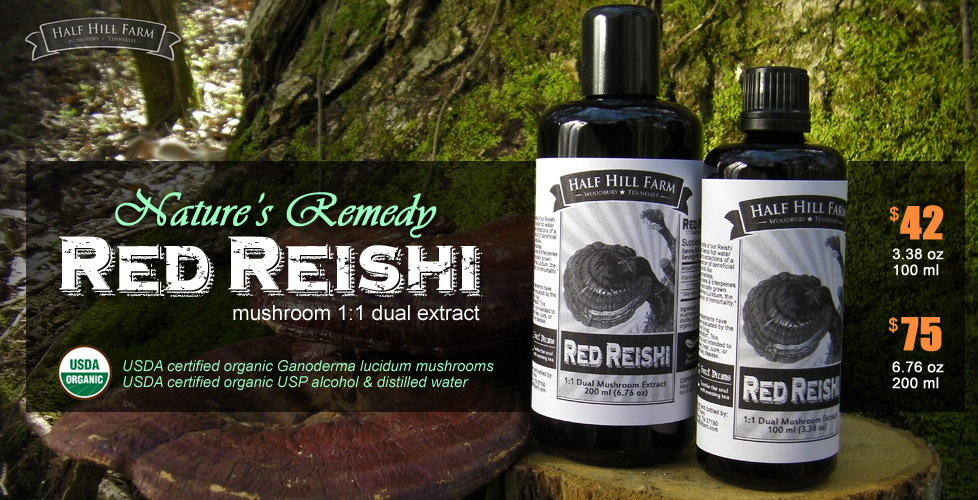
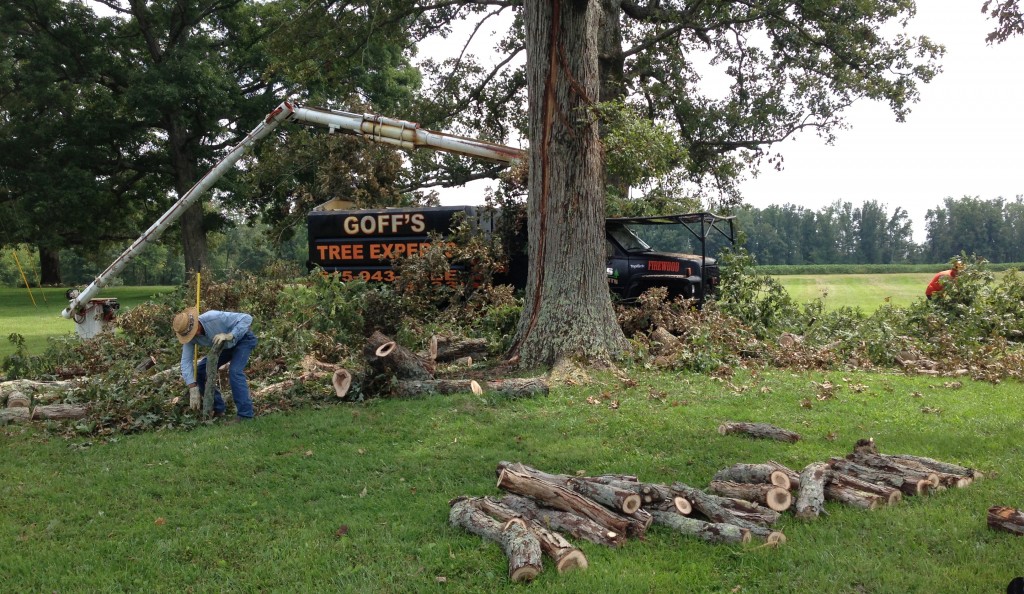
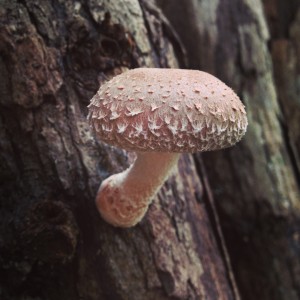 If you had a White Oak, Red Oak, Hickory or Sweet Gum tree that recently fell victim to storm damage, we can help you cut it up and remove as much as we can safely. We aren’t a professional tree service, but we can work with a tree service of your choice or cut up 4 inch or greater diameter logs they leave for us. In exchange for the logs we take, we will bring you a few of the
If you had a White Oak, Red Oak, Hickory or Sweet Gum tree that recently fell victim to storm damage, we can help you cut it up and remove as much as we can safely. We aren’t a professional tree service, but we can work with a tree service of your choice or cut up 4 inch or greater diameter logs they leave for us. In exchange for the logs we take, we will bring you a few of the 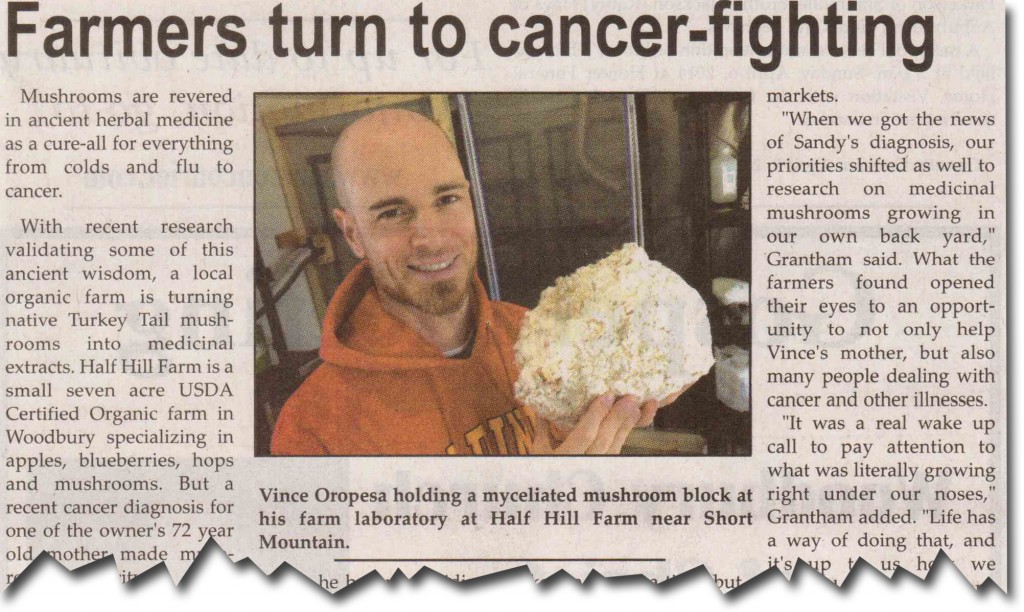
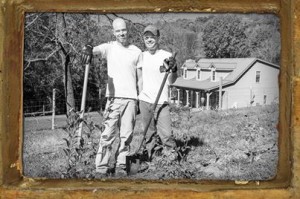 “Cancer has a way of making you change your priorities and rethink your life routines,” said farm co-owner Vince Oropesa. Last year his mother was diagnosed with stage IV lung cancer. Working with her doctors in Murfreesboro, he began providing her with extracts from a native Turkey Tail mushroom as an adjunct therapy to chemo treatments.
“Cancer has a way of making you change your priorities and rethink your life routines,” said farm co-owner Vince Oropesa. Last year his mother was diagnosed with stage IV lung cancer. Working with her doctors in Murfreesboro, he began providing her with extracts from a native Turkey Tail mushroom as an adjunct therapy to chemo treatments.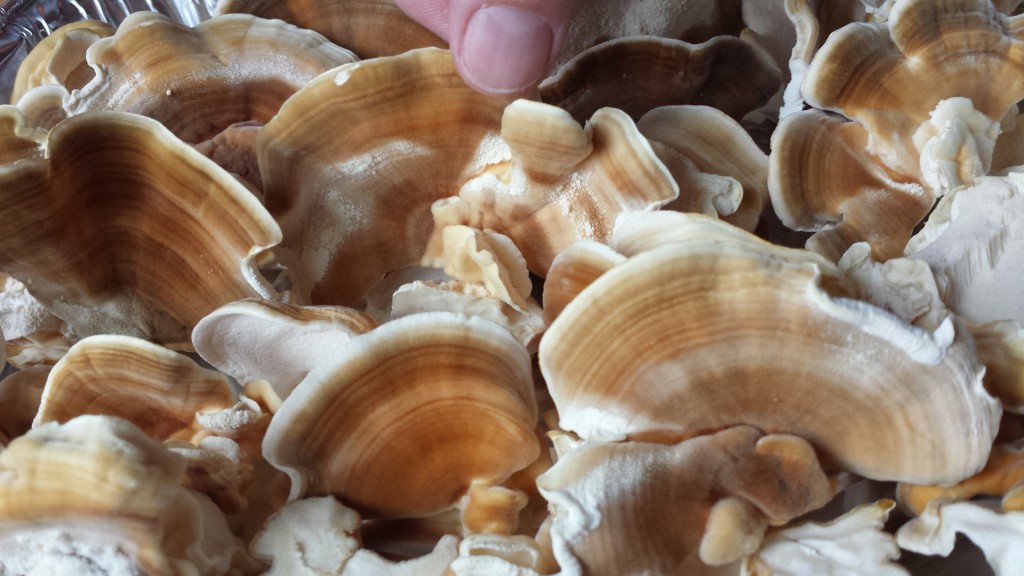
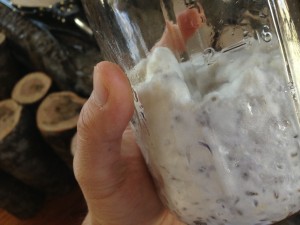 Since creating their mushroom extracts, Oropesa and Grantham find interest mostly from people whose illness has them searching for natural alternatives and adjunct therapies. The two say the extracts they are creating on their farm are just as effective as preventative treatment.
Since creating their mushroom extracts, Oropesa and Grantham find interest mostly from people whose illness has them searching for natural alternatives and adjunct therapies. The two say the extracts they are creating on their farm are just as effective as preventative treatment.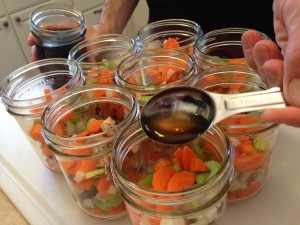 The dual extraction process subjects dried mushrooms to a lengthy hot water and alcohol extraction process that takes a month to complete. The result is a 1:1 concentrated dual extract you can mix into foods or drink.
The dual extraction process subjects dried mushrooms to a lengthy hot water and alcohol extraction process that takes a month to complete. The result is a 1:1 concentrated dual extract you can mix into foods or drink.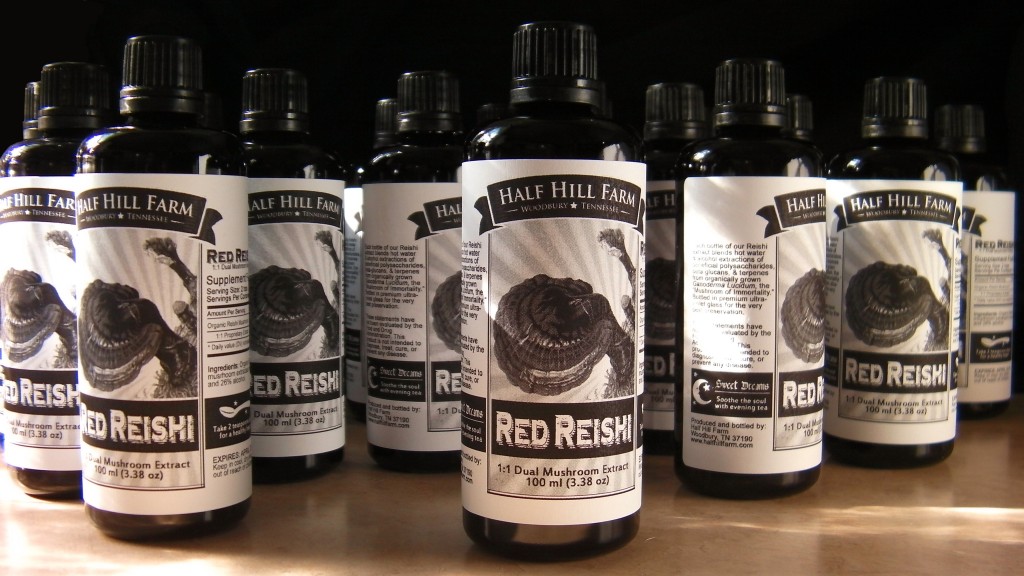
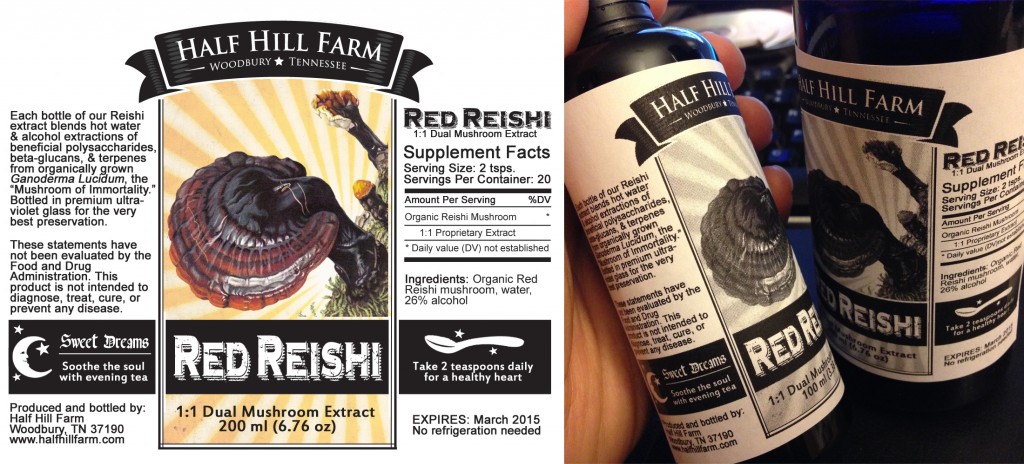
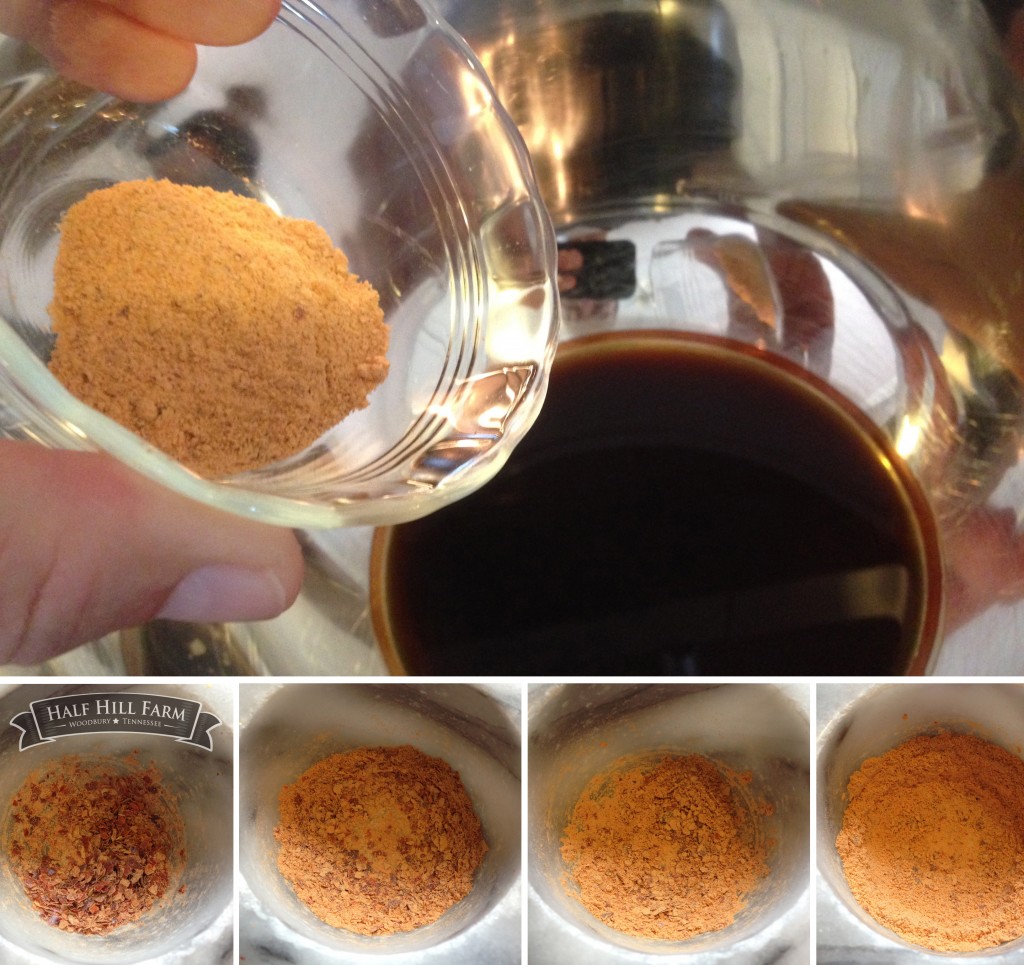




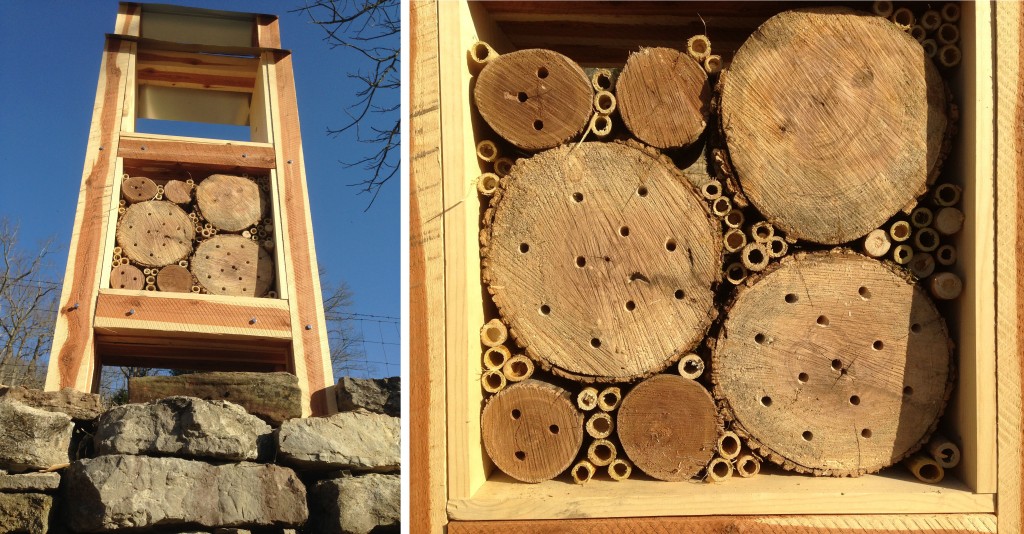
 As we were filling the bottom section, a solitary leafcutter bee kept inspecting the whole thing, and it was such a joy to witness. Last year, we noticed our top pollinators weren’t honey bees. They were native solitary orchard masons and leafcutters. Honey bees didn’t show up until very late in the season and frantically scavenged the last of the organic Genovese Basil flowers.
As we were filling the bottom section, a solitary leafcutter bee kept inspecting the whole thing, and it was such a joy to witness. Last year, we noticed our top pollinators weren’t honey bees. They were native solitary orchard masons and leafcutters. Honey bees didn’t show up until very late in the season and frantically scavenged the last of the organic Genovese Basil flowers.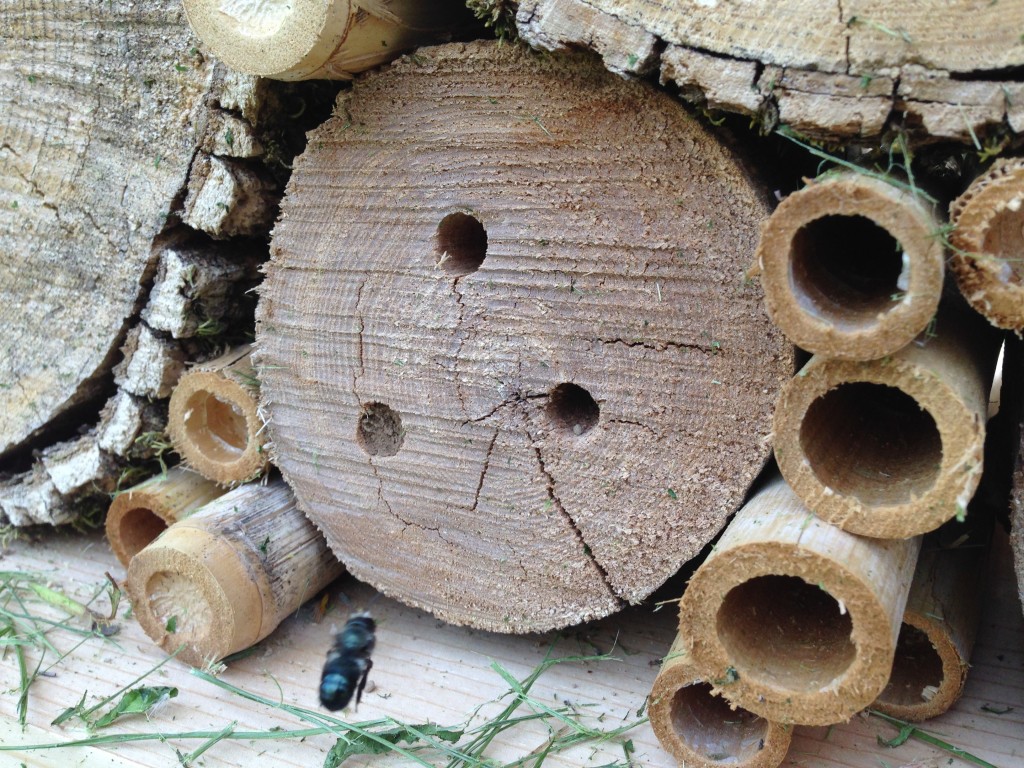
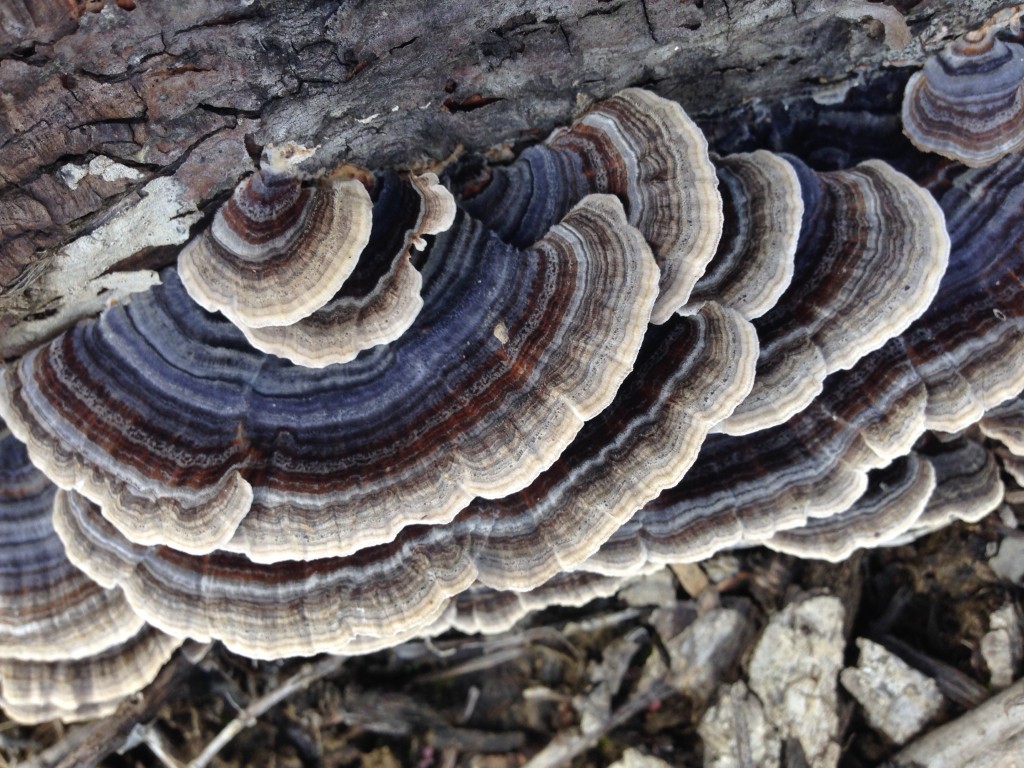
 The diagnosis was abrupt and shocking. At 71 years of age, the prognosis is also very uncertain. Despite this, Sandy takes one day at a time with lots of family support, focused treatment and hopefully a little extra help from our own backyard.
The diagnosis was abrupt and shocking. At 71 years of age, the prognosis is also very uncertain. Despite this, Sandy takes one day at a time with lots of family support, focused treatment and hopefully a little extra help from our own backyard.
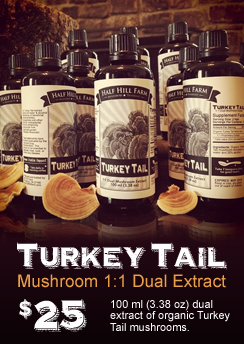
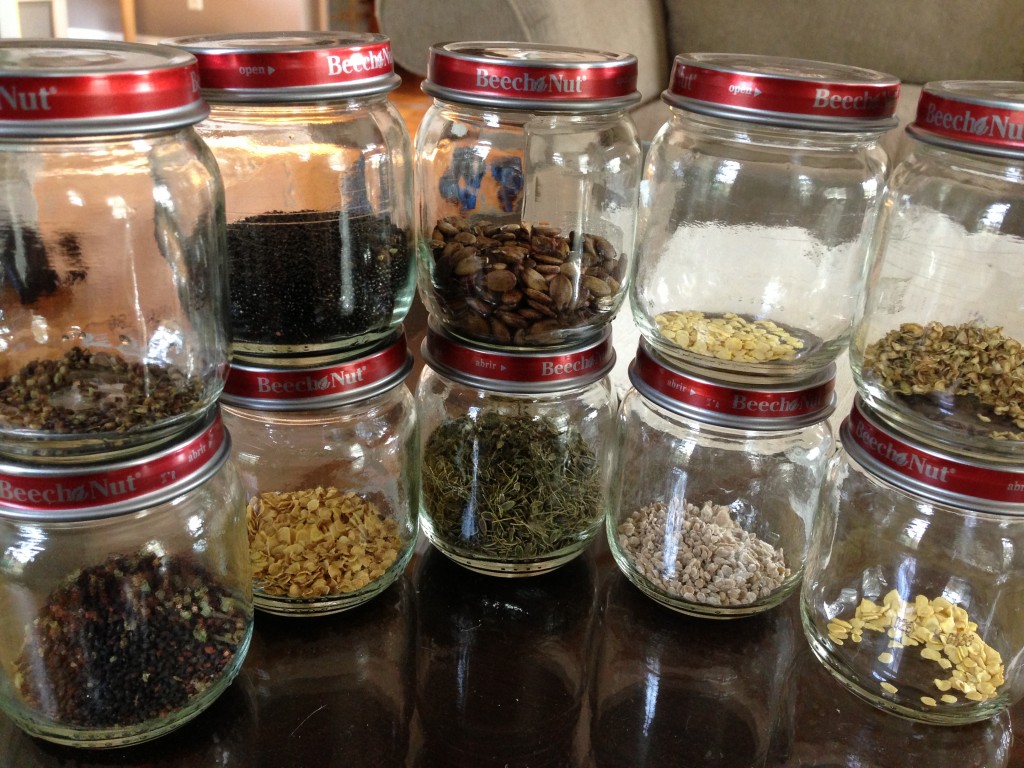
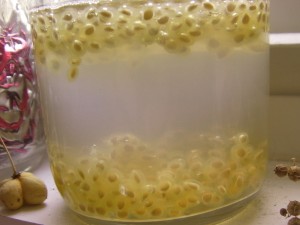
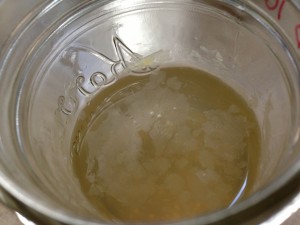
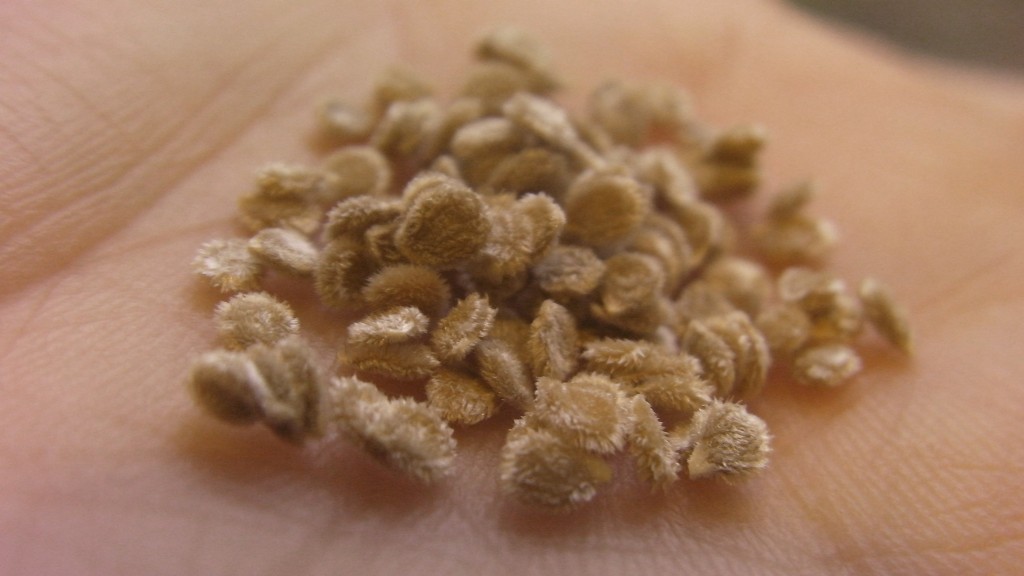
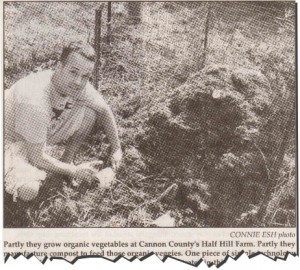
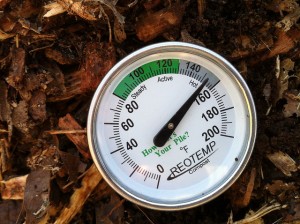 How to compost: Compost consists of four things: carbon, nitrogen, air and water. Carbon is pretty much anything brown or dry like leaves, dry grass clippings, chipped wood, or shredded newspaper. Nitrogen is manure, green grass clippings, or compostable kitchen wastes. According to the
How to compost: Compost consists of four things: carbon, nitrogen, air and water. Carbon is pretty much anything brown or dry like leaves, dry grass clippings, chipped wood, or shredded newspaper. Nitrogen is manure, green grass clippings, or compostable kitchen wastes. According to the 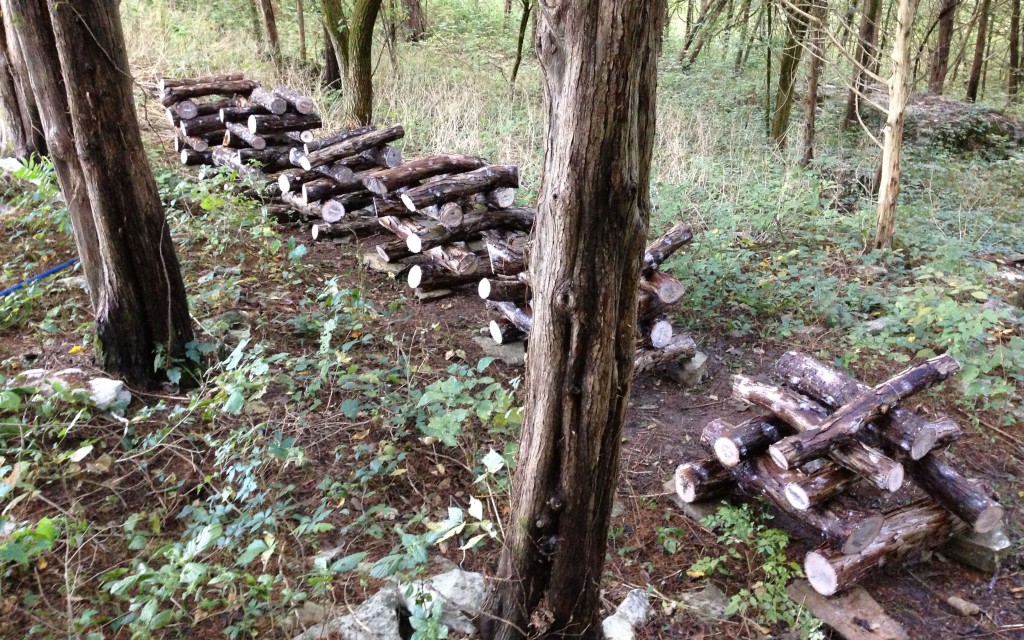

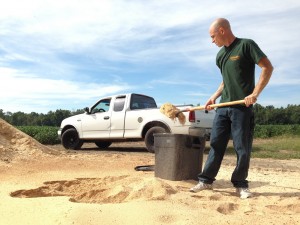
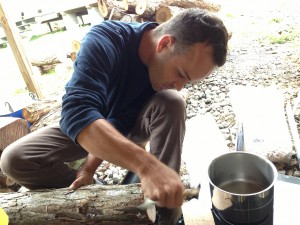 Everything about growing mushrooms feels right. While producing a food with near magical health benefits, we are also sequestering larger volumes of carbon from felled trees into our soil through compost creating a multi-threaded sustainable loop that increases the health of our soil, our food and ultimately our planet.
Everything about growing mushrooms feels right. While producing a food with near magical health benefits, we are also sequestering larger volumes of carbon from felled trees into our soil through compost creating a multi-threaded sustainable loop that increases the health of our soil, our food and ultimately our planet.